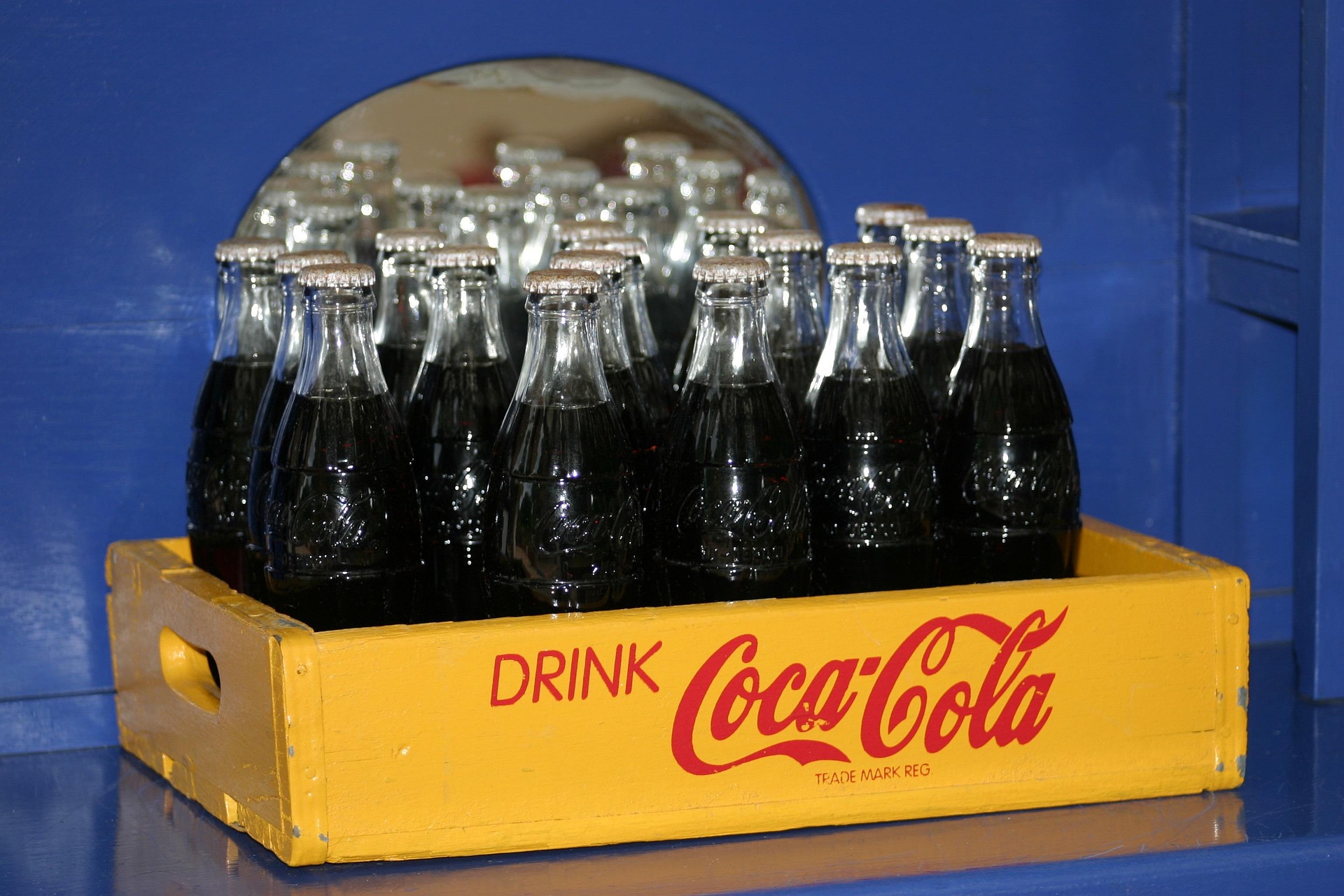Soft drinks have become ubiquitous in modern life, with many people consuming them regularly. However, beyond their sweet taste and fizzy appeal, soft drinks harbor a range of hazards that can impact health in both the short and long term. In this blog post, we’ll explore the detrimental effects of drinking soft drinks and why reconsidering your beverage choices may be a crucial step toward a healthier lifestyle.
High Sugar Content: Soft drinks are notorious for their high sugar content. A single can of soda can contain an alarming amount of added sugars, contributing to weight gain, obesity, and an increased risk of developing type 2 diabetes. Excessive sugar intake is also linked to cardiovascular issues and metabolic disturbances.
Empty Calories and Weight Gain: Soft drinks are often referred to as “empty calories” because they offer little to no nutritional value. Consuming sugary beverages can lead to an overconsumption of calories without the nutrients the body needs. This imbalance contributes to weight gain and obesity, which are significant risk factors for various health problems.
Dental Decay and Erosion: Soft drinks’ high acidity, coupled with their sugar content, poses a serious threat to dental health. Regular consumption can lead to tooth decay, erosion of enamel, and an increased susceptibility to cavities. Dental issues are not only painful but can also have long-lasting consequences on overall well-being.
Bone Health Concerns: Phosphoric acid, a common ingredient in many colas, has been associated with decreased bone mineral density. Frequent consumption of phosphoric acid can contribute to weakened bones and an increased risk of fractures, especially in individuals with inadequate calcium intake.
Increased Risk of Chronic Diseases: The excessive consumption of soft drinks is linked to an increased risk of chronic diseases, including heart disease, hypertension, and metabolic syndrome. The combination of high sugar levels, empty calories, and unhealthy additives contributes to the development of these severe health conditions.
Caffeine Dependence and Sleep Disturbances: Many soft drinks contain caffeine, which can lead to dependence and negatively impact sleep patterns, especially in children and adolescents. Poor sleep quality can have cascading effects on mental and physical well-being.
Dehydration: Despite their liquid nature, soft drinks can contribute to dehydration. Caffeine and high sugar content can have diuretic effects, leading to increased fluid loss and a potential imbalance in the body’s hydration levels.
Increased Risk of Fatty Liver Disease: The high fructose corn syrup found in many soft drinks has been linked to an increased risk of non-alcoholic fatty liver disease (NAFLD). NAFLD is a serious condition that can progress to more severe liver problems if left unaddressed.
While the allure of soft drinks may be tempting, it is essential to weigh the short-term satisfaction against the long-term hazards they pose to health. Choosing alternatives like water, herbal teas, or natural fruit juices can significantly contribute to overall well-being. By understanding the hazards of drinking soft drinks, individuals can make informed decisions that prioritize their health and pave the way for a more balanced and sustainable lifestyle.

